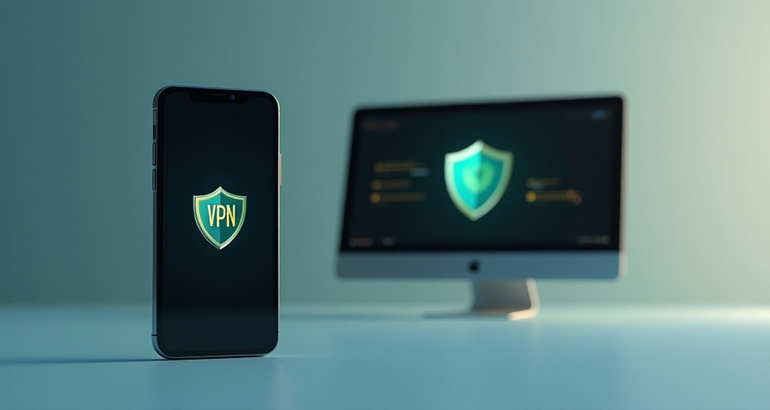MetroVPN vs Antivirus: Which One Do You Really Need?

- Privacy





Overview
In today's digital age, online security is more important than ever. Two of the most common tools people use to protect themselves are MetroVPN and antivirus software. But what exactly do they do, and do you need both? This article will explore the differences between MetroVPN and antivirus, their unique features, and how they can work together to provide comprehensive online security.
Contents
MetroVPN vs Antivirus: Key Differences
Do You Need Both MetroVPN and Antivirus?
How MetroVPN and Antivirus Work Together
What is MetroVPN?
MetroVPN, or Virtual Private Network, is a service that encrypts your internet connection and hides your IP address. This makes it difficult for hackers, ISPs, and even governments to track your online activities. MetroVPN is particularly useful for protecting your privacy when using public Wi-Fi, accessing geo-restricted content, and bypassing censorship.
What is Antivirus Software?
Antivirus software is designed to detect, prevent, and remove malware from your devices. It scans your files and programs for malicious code, quarantines threats, and often includes additional features like firewalls and phishing protection. Antivirus is essential for protecting your device from viruses, ransomware, and other malicious software.
MetroVPN vs Antivirus: Key Differences
While both MetroVPN and antivirus software aim to protect you online, they do so in different ways. MetroVPN focuses on encrypting your internet connection and protecting your privacy, while antivirus software is designed to protect your device from malicious software. Here are some key differences:
Privacy vs Security: MetroVPN ensures your online activities remain private by encrypting your connection and hiding your IP address. Antivirus software, on the other hand, focuses on securing your device from malware and other threats.
Scope of Protection: MetroVPN protects your data in transit, making it ideal for secure browsing and online transactions. Antivirus software protects your device and its stored data, making it essential for overall device security.
Usage Scenarios: MetroVPN is particularly useful for users who frequently use public Wi-Fi, access geo-restricted content, or want to bypass censorship. Antivirus software is a must-have for all users, as it protects against a wide range of threats that can compromise your device and data.
Do You Need Both MetroVPN and Antivirus?
The short answer is yes. MetroVPN and antivirus software serve different but complementary purposes. MetroVPN protects your online privacy and secures your internet connection, while antivirus software protects your device from malware and other threats. Using both together provides a more comprehensive approach to online security.
For example, if you're using public Wi-Fi, MetroVPN can encrypt your connection and prevent hackers from intercepting your data. However, if you accidentally download a malicious file, antivirus software will detect and remove the threat before it can harm your device.
How MetroVPN and Antivirus Work Together
When used together, MetroVPN and antivirus software can provide a robust defense against a wide range of online threats. MetroVPN ensures your data is encrypted and your privacy is protected, while antivirus software safeguards your device from malware and other malicious software. This combination is particularly effective for users who want to maximize their online security.
For instance, if you're traveling and using public Wi-Fi, MetroVPN can protect your connection from prying eyes. At the same time, antivirus software can scan your device for any potential threats, ensuring your data remains secure both online and offline.
Conclusion
In conclusion, both MetroVPN and antivirus software play crucial roles in online security. While MetroVPN protects your privacy and secures your internet connection, antivirus software safeguards your device from malware and other threats. For comprehensive online security, it's recommended to use both tools together. By doing so, you can enjoy a safer and more secure online experience.






